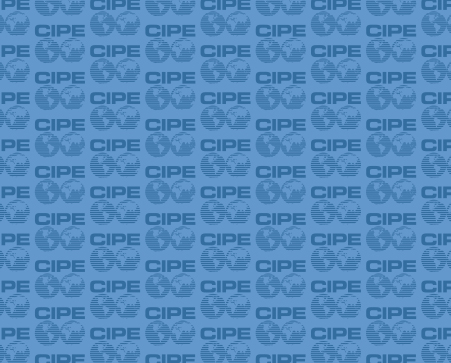
For hundreds of years, a free press has been considered an essential component of democracy. Today, however, independent media around the world face a surprising paradox: though more countries in the world are democracies than ever before, the past decade has also seen a stark rise in the number of journalists imprisoned and killed for their work. This includes not only reporters killed in wars in Iraq, Afghanistan, and elsewhere in the Middle East, but journalists covering corruption, crime, and politics in their own countries, a situation former OSCE media official Miklos Haraszti recently described as “a peacetime war on journalism.” The U.S. State Department has even launched a “Free the Press” campaign to expose the plight of imprisoned journalists.
Given the democratic gains being made around the world, this “war on journalism” comes as a surprise. And unfortunately, some of the worst abuses are happening in countries where democratic gains are still being consolidated. Thomas O. Melia, Deputy Assistant Secretary of State in the Bureau of Democracy, Human Rights, and Labor described the rise in attacks on journalists as a symptom of a creeping “majoritarianism” in these countries, where electoral politics are well-established but dissent is still not tolerated.
The war on journalism goes beyond the most extreme acts of murder and intimidation — journalists routinely face legal and financial pressures and other forms of intimidation that prevent them from fulfilling their vital role in the democratic process. Restrictions on blogging, Internet usage, and popular social media services also serve to stifle the voices of “citizen journalists” like those who famously participated in the Arab Spring uprisings in Tunisia, Egypt, and elsewhere.
This World Press Freedom Day, when so many democracies are flourishing yet so many journalists are in peril, it is worthwhile to reflect on the importance of the free exchange of information to a functioning democracy. The crucial feature which sets democracy apart from other political systems is the ability to self correct. Even with free and fair elections, this can’t happen if dissenting voices are stifled.
There are some bright spots, however: Freedom House noted that the biggest gains in media freedom in 2011 were seen in Egypt, Libya, and Tunisia, where long-ruling dictators were ousted in a wave of popular uprisings. So far, at least, the new governments in these countries seem to recognize — like the 18th century American and French revolutionaries — that they can’t build a democratic state without a vibrant and independent media.
Published Date: May 03, 2012
